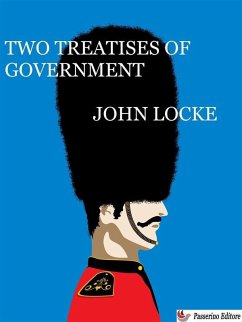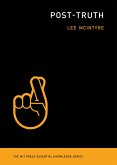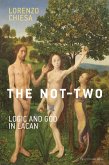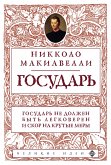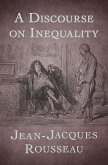The Two Treatises of Government is a renowned work of political philosophy written by English philosopher John Locke. The treatises were published in 1690 and were an important influence on the development of liberal political thought. The first treatise argues against the divine right of kings and the idea that political power is derived from God. Instead, Locke asserts that individuals possess natural rights to life, liberty, and property, and that these rights cannot be legitimately taken away by any government or individual. He also argues that individuals have the right to overthrow a government that fails to protect these rights. The second treatise focuses on the role of government and how it should be structured to protect individual rights. Locke argues that government exists to protect natural rights and that it derives its authority from the consent of the governed. He also emphasizes the importance of the separation of powers and the idea that government should be limited in its scope and power. John Locke (1632-1704) was an English philosopher and physician, known as one of the most influential thinkers of the Enlightenment era. He is considered the father of liberalism and empiricism, which held that knowledge comes from experience and observation rather than innate ideas. Locke's most famous work is An Essay Concerning Human Understanding in which he argues against the idea of innate ideas and posits that the mind is a blank slate or "tabula rasa" at birth, which is then filled with ideas and knowledge through experience. He also believed in the natural rights of life, liberty, and property, which influenced the American Declaration of Independence. In addition to his philosophical work, Locke was involved in politics and served as a physician for the government. He wrote several other works on politics, religion, and education, including Two Treatises of Government and Some Thoughts Concerning Education. Preface by Federica Rainaldi. Federica Rainaldi has a PhD in Political Science from the University of Bologna. Her previous publications include Making sense of Italian politics (Part 1 and 2), online at www.politcsworldwide.com; and Il policy change tra nuovi paradigmi e vecchie pratiche. Le politiche idriche in Italia e Inghilterra, in Rivista Italiana di Politiche Pubbliche, n.1/2011 (with R. Scintu). She currently lives and works in England.
Dieser Download kann aus rechtlichen Gründen nur mit Rechnungsadresse in A, B, BG, CY, CZ, D, DK, EW, E, FIN, F, GR, HR, H, IRL, I, LT, L, LR, M, NL, PL, P, R, S, SLO, SK ausgeliefert werden.

